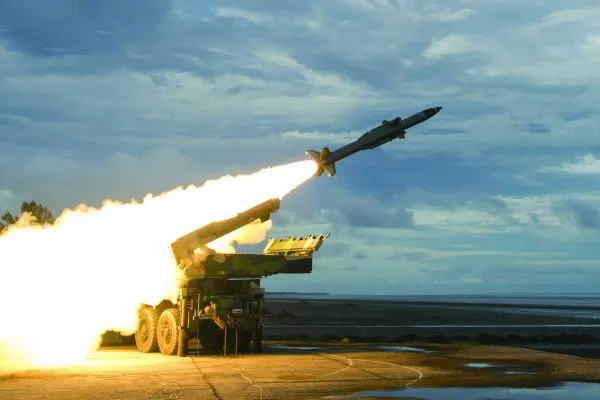Pakistan has taken decisive diplomatic action by recalling its ambassador and expelling the Iranian envoy following a missile strike that resulted in casualties, including the tragic death of two children. The missile attack targeted bases belonging to the militant group Jaish al-Adl in Balochistan province, escalating tensions between the two neighboring nations.
The missile strike, which occurred near Panjgur in southwest Balochistan, resulted in the death of two young girls and injuries to three other family members. The incident has been strongly condemned by Pakistan, describing it as an “unprovoked and blatant breach of sovereignty” by Iran. The missile strike has strained diplomatic relations between the two countries, leading to reciprocal measures, hence the measure of expulsion of the ambassador.
A statement from Pakistan’s spokeswoman, Mumtaz Zahra Baloch, emphasized that the missile strike constitutes a violation of international law and the principles of the United Nations Charter. The Pakistani government views the attack as a serious breach of sovereignty, demanding accountability and adherence to diplomatic norms.
The Iranian state media initially reported the missile strike, claiming that the paramilitary Revolutionary Guard targeted Jaish al-Adl bases. However, these reports were later withdrawn without explanation. While Tehran did not claim responsibility for the incident, Iranian Foreign Minister Hossein Amirabdollahian acknowledged during the World Economic Forum in Davos that Iran had carried out the attacks in Pakistan.
The missile strike and its aftermath come at a time of heightened tensions in the Middle East, particularly amid the ongoing conflict in Gaza. The situation adds complexity to regional dynamics, and the international community is closely monitoring developments in the aftermath of the missile attack.
The targeted bases belonged to Jaish al-Adl, a militant group operating in the region. The missile strike raises concerns about the potential for further escalation between Iran and Pakistan, two countries with historically complex relations. The incident comes as part of a broader Middle East crisis that has witnessed conflicts and geopolitical tensions and hence expelling the ambassador.
The casualties resulting from the missile strike, especially the loss of innocent lives, have intensified the diplomatic fallout between Iran and Pakistan. The international community, including the United Nations, is expected to closely observe developments and potentially intervene to ease tensions and encourage diplomatic dialogue.
The repercussions of this incident could have broader implications for regional stability, emphasizing the need for diplomatic efforts to prevent further escalation. As both countries grapple with the aftermath of the missile strike, the situation remains fluid, and diplomatic channels will play a crucial role in determining the path forward.













